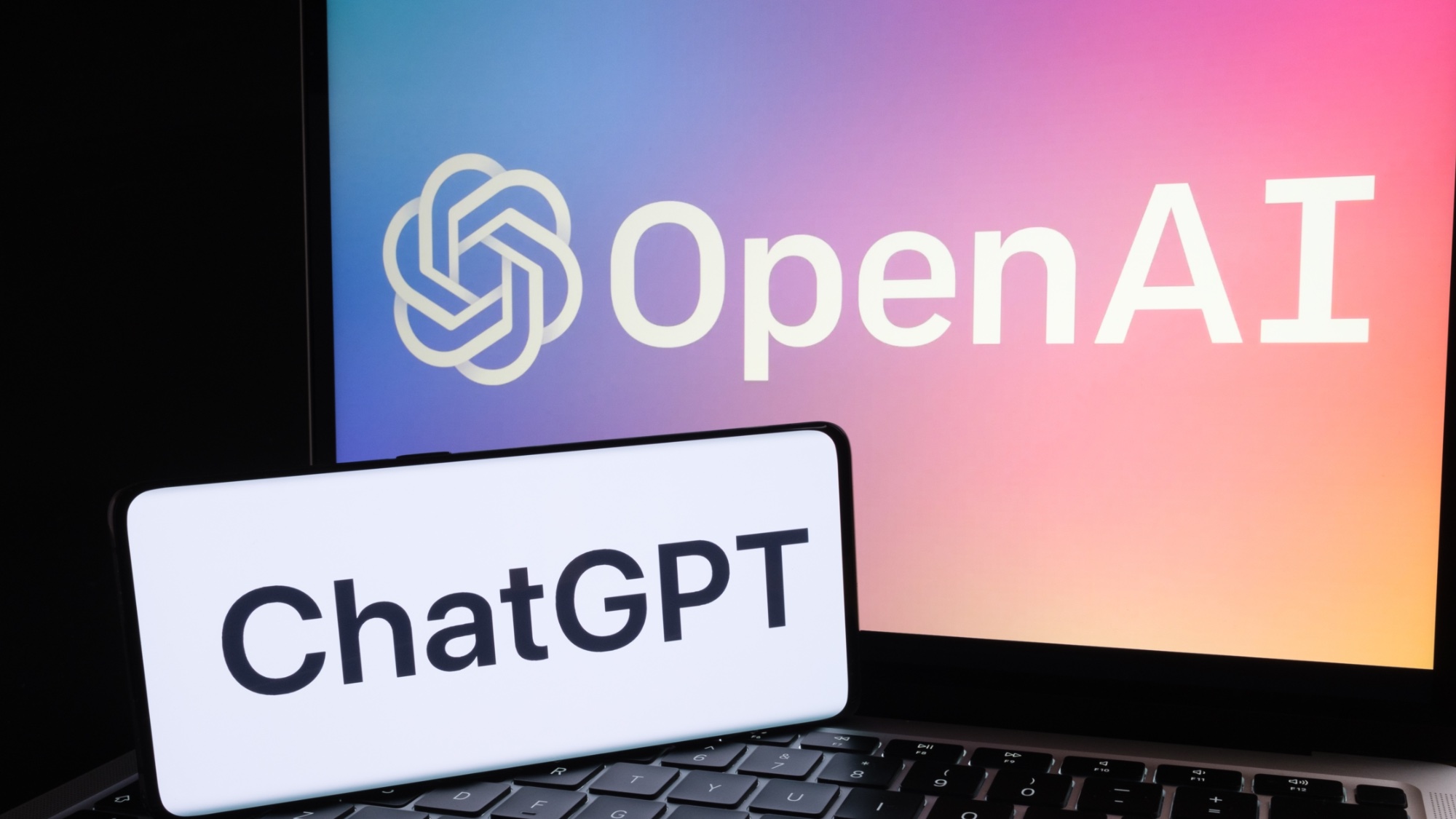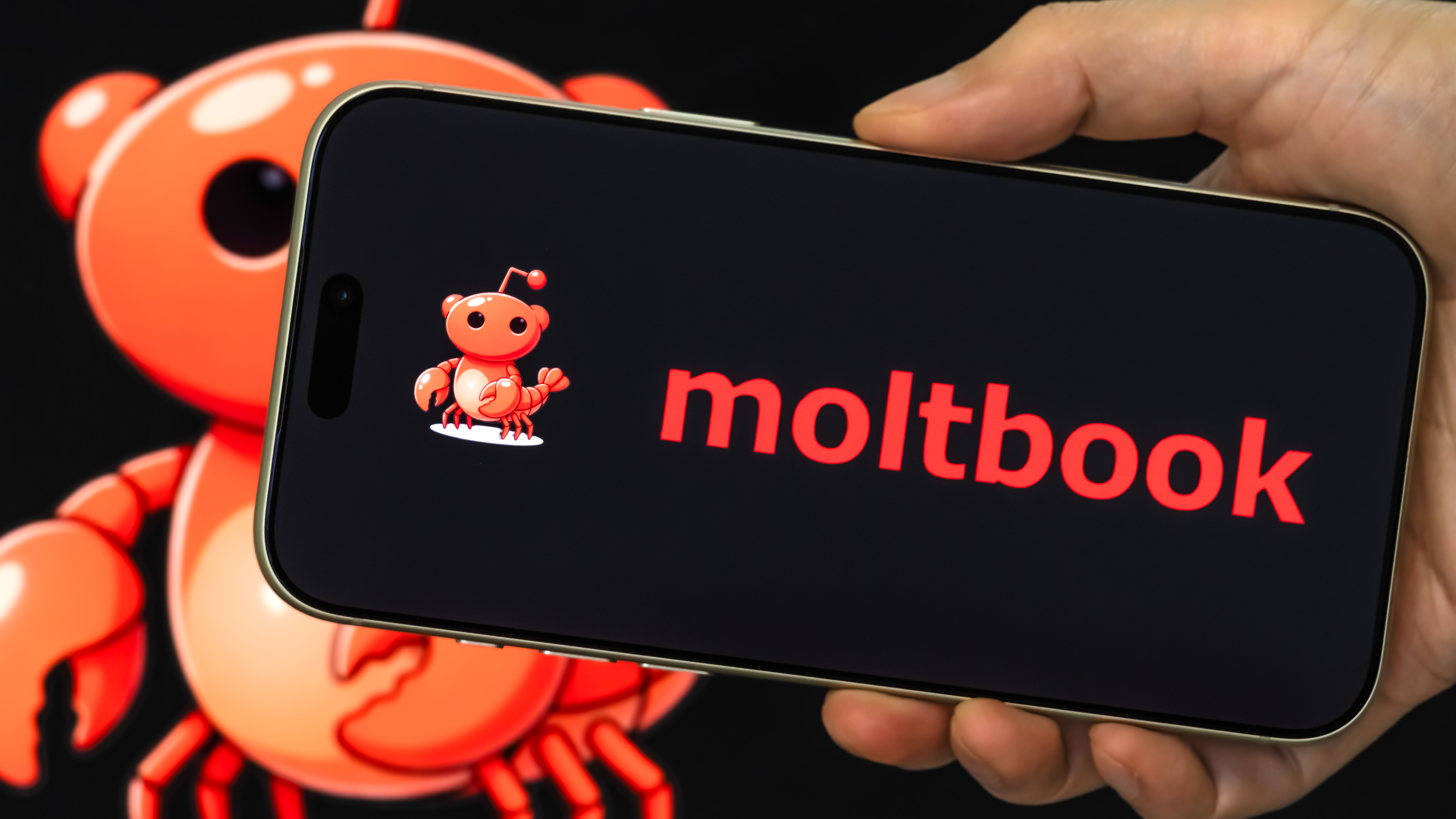ChatGPT potentially exposed users' credit card info — what you need to know
This raises concerns

Here at Tom’s Guide our expert editors are committed to bringing you the best news, reviews and guides to help you stay informed and ahead of the curve!
You are now subscribed
Your newsletter sign-up was successful
Want to add more newsletters?

Daily (Mon-Sun)
Tom's Guide Daily
Sign up to get the latest updates on all of your favorite content! From cutting-edge tech news and the hottest streaming buzz to unbeatable deals on the best products and in-depth reviews, we’ve got you covered.

Weekly on Thursday
Tom's AI Guide
Be AI savvy with your weekly newsletter summing up all the biggest AI news you need to know. Plus, analysis from our AI editor and tips on how to use the latest AI tools!

Weekly on Friday
Tom's iGuide
Unlock the vast world of Apple news straight to your inbox. With coverage on everything from exciting product launches to essential software updates, this is your go-to source for the latest updates on all the best Apple content.

Weekly on Monday
Tom's Streaming Guide
Our weekly newsletter is expertly crafted to immerse you in the world of streaming. Stay updated on the latest releases and our top recommendations across your favorite streaming platforms.
Join the club
Get full access to premium articles, exclusive features and a growing list of member rewards.
You might want to think twice about giving ChatGPT your credit card information.
The organization behind ChatGPT, OpenAI, published a blog post explaining it needed to take down the chatbot due to a bug that allowed some users to not only see another user’s titles from their ChatGPT history, as well as the first message of a new conversion with the chatbot, but also potentially exposed payment-related information.
This eye-brow-raising bug might sound alarming. But in reality, it only affected 1.9% of ChatGPT Plus users across the nine hours it was active; for those unfamiliar with it, ChatGPT Plus is the premium version of the OpenAI chatbot.
“In the hours before we took ChatGPT offline on Monday, it was possible for some users to see another active user’s first and last name, email address, payment address, the last four digits (only) of a credit card number, and credit card expiration date. Full credit card numbers were not exposed at any time,” explained OpenAI. “We believe the number of users whose data was actually revealed to someone else is extremely low.”
On top of all of this, users would need to follow a rather convoluted process to actually see the exposed data. However, this does serve as a warning that it's early days for such ‘AI’ chatbots, and they may be just as susceptible to data breaches as regular websites.
Talking out of turn
Even though the ChatGPT bug has a rather minor impact, things could have been a lot worse.
Imagine if ChatGPT Plus was in widespread use, say used by corporations to take care of tedious administration tasks. Such a bug could have exposed all manner of corporate data or the payment details of major companies. And if harnessed by opportunistic hackers, the bug could be used to wreak havoc.
Get instant access to breaking news, the hottest reviews, great deals and helpful tips.
Now that’s all theoretical. But this bug is a sign that while innovation in chatbots can surge forward, it could come at the expense of robust security and data control.
If Microsoft does indeed limit access to its BIng search index, which can be used to fuel chatbots, it could act as a bit of a gatekeeper for chatbot development, which could then make for a more secure situation. But this could then come at the expense of innovation.
In short, this early AI chatbot revolution looks to be building momentum. But such a bug serves as a warning that bot developers need to walk rather than run with their AIs.
More from Tom's Guide
- Microsoft could suffocate the AI chatbot revolution before it begins
- ChatGPT is more useful to society than cryptocurrency, says Nvidia
- What is Google Bard? Everything you need to know about ChatGPT rival

Roland Moore-Colyer a Managing Editor at Tom’s Guide with a focus on news, features and opinion articles. He often writes about gaming, phones, laptops and other bits of hardware; he’s also got an interest in cars. When not at his desk Roland can be found wandering around London, often with a look of curiosity on his face.
 Club Benefits
Club Benefits





